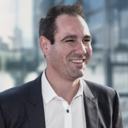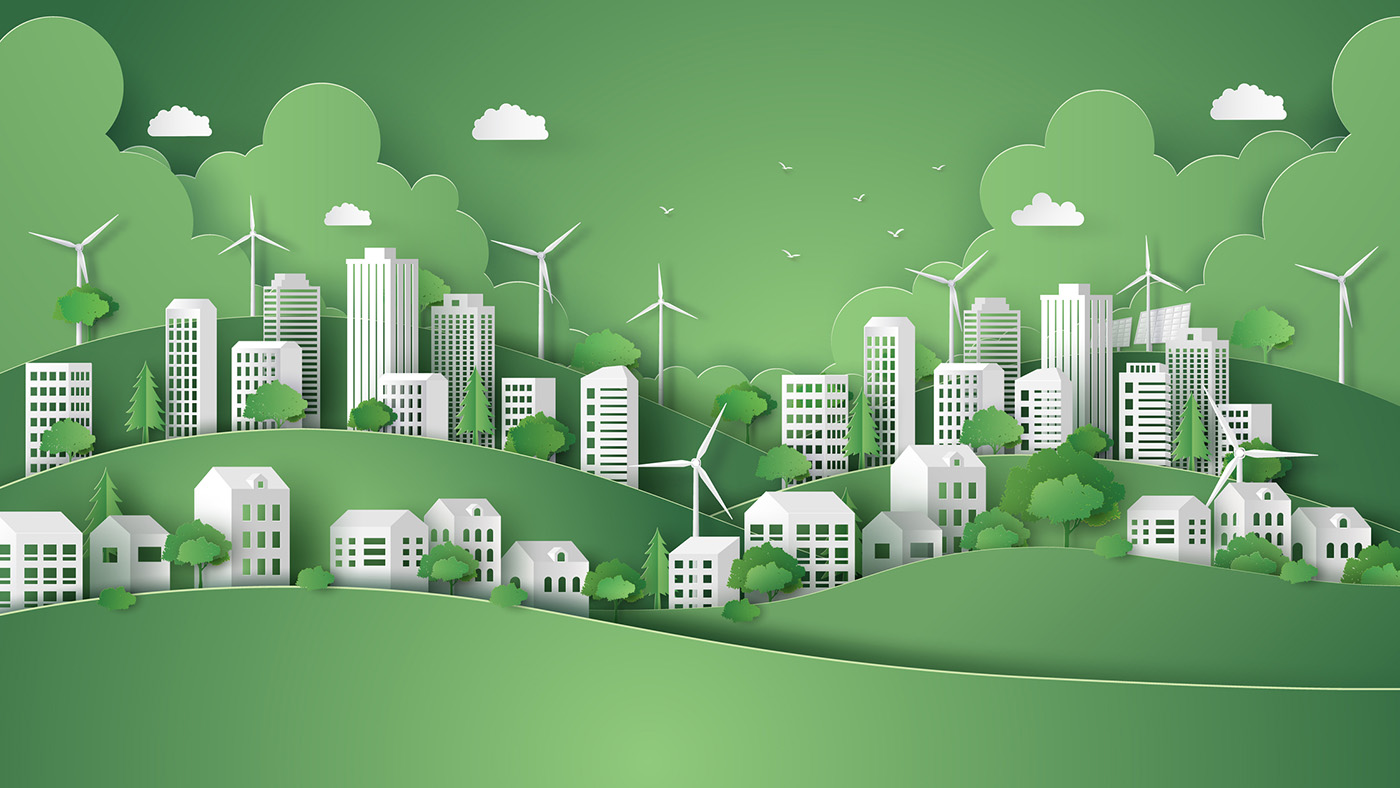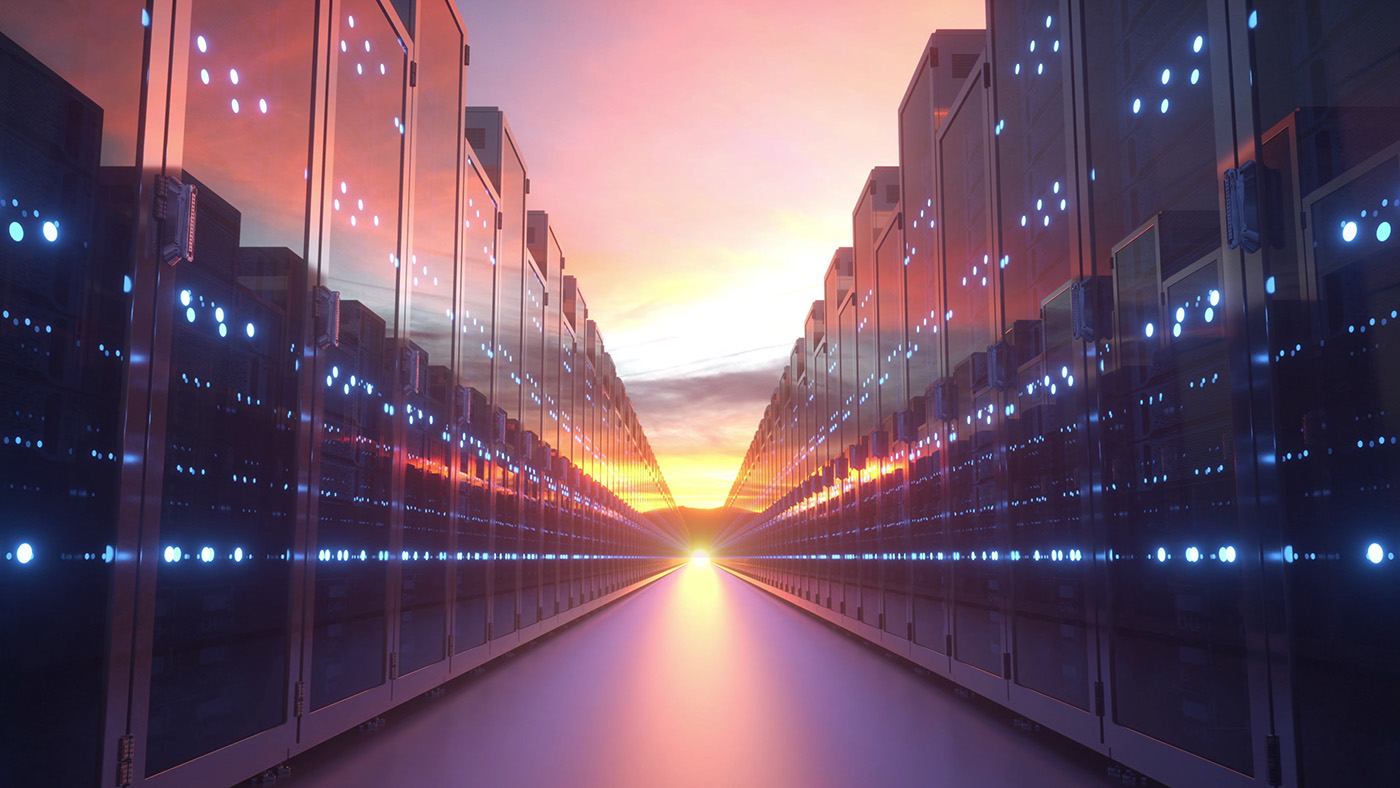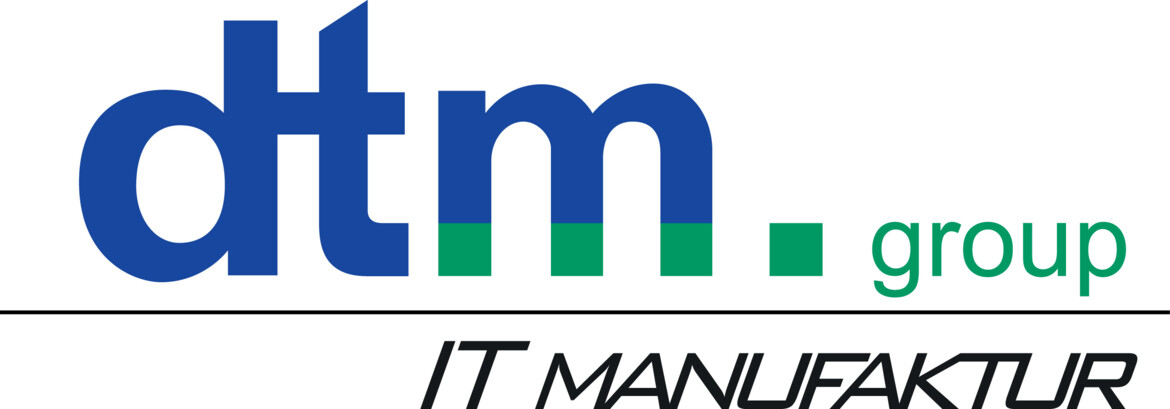Electricity is the New Gold: Why Data Centers Must Rethink Energy in the age of transition
Jan Moll, Managing Director of the dtm group, on how data centers can achieve resilience and sustainability through smart energy management and innovative infrastructure.
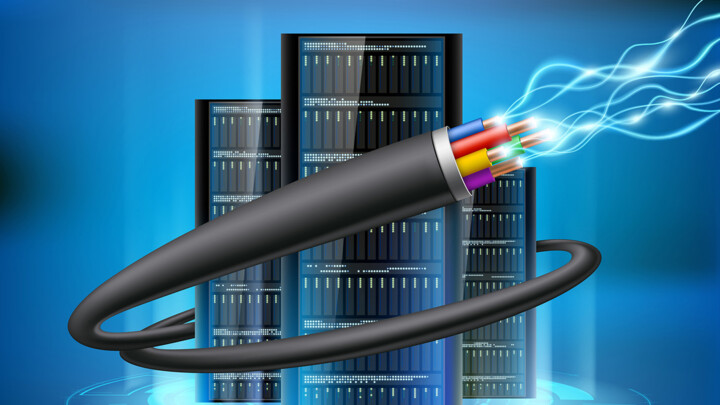
©Trifonenko | istockphoto.com
For too long, discussions about data centers have revolved primarily around network architecture and bandwidth. But as the global energy landscape shifts, it's high time we focused on what truly powers our industry – electricity.
The new energy reality for data centers
Germany’s Climate Protection Act has put the transition to renewable energy sources into law. This is not a distant policy change; it’s a reality that will fundamentally reshape the way data centers operate. Until now, we’ve enjoyed a stable, reliable energy supply. That certainty is slipping away. Renewable energies, while vital, are inherently volatile and currently lack the capacity and grid support to guarantee a steady stream of power. Even the German Federal Audit Office has flagged major risks to supply security. For our sector, this is a wake-up call: electricity is not just another utility – it’s our lifeblood.
To ensure operational resilience, data centers must become at least partially energy autonomous. That doesn’t mean going entirely off-grid, but it does mean taking energy generation into our own hands. On-site renewable sources, particularly solar and wind, should form the foundation. We won’t achieve 100% self-sufficiency, but we can and should cover our own base load. For any new colocation project today, the ability to generate and manage local energy isn’t just a nice-to-have – it’s essential.
The building blocks of a resilient energy supply
A crisis-proof energy system for a data center requires both primary and secondary energy sources. Wind and solar can serve as the main providers, while systems like combined heat and power plants, gas-powered backup generators, hydrogen units, or even diesel can offer critical support. Storage solutions are just as important. These generators shouldn’t feed directly into the critical power path – instead, they should charge powerful battery systems that can balance out the inevitable fluctuations in renewable supply.
Smarter systems require smarter control
This kind of smart infrastructure – multiple renewable sources, robust storage, and intelligent distribution – essentially becomes a microgrid. And, like any smart system, it needs a brain. A central, intelligent control unit must monitor, manage, and optimize every aspect of energy generation and consumption. That’s the only way to build data centers that are both green and secure.
Artificial intelligence can make this vision a reality. By analyzing historical and real-time data, AI-powered energy management systems can forecast availability, usage, and costs, adapt to changing conditions, and even automate load balancing. These systems don’t just react – they anticipate. They can smooth out peak demands, adjust operations dynamically, and activate contingency plans well before a disruption occurs.
Flexibility is the data center industry’s secret weapon
There’s another factor in our favor: flexibility. Unlike industries like steel or metal manufacturing, which depend on localized, continuous power, data centers can shift loads. We can delay non-critical operations, time-shift energy-heavy tasks to cheaper hours, or even redirect workloads to entirely different locations. With virtual data center clusters, we can build distributed, agile infrastructures that aren't tied to one vulnerable point.
This kind of decentralization isn't just a good idea – it’s the only path to true resilience. The days of locking every workload into a single site, come what may, are over. The future lies in flexible, multi-site architectures managed by intelligent systems that coordinate operations seamlessly. That’s the standard we should be setting.
Putting innovation into practice
At dtm group, we’re not just talking – we’re building. Last year, we brought two photovoltaic systems online and began testing our AI-powered energy management platform, Vaiking. At our Meckenbeuren headquarters, we’ve already achieved 70% energy self-sufficiency. The results so far are promising, and we’re ready to scale. By applying what we've learned to larger facilities, we aim to help the entire industry operate more efficiently – and more sustainably.
The energy transition is no longer an abstract goal. It’s a defining challenge – and opportunity – for our sector. If electricity is the new gold, then energy autonomy is the only way to secure it.
Jan Moll is the Managing Director of dtm group and the second generation to lead the company. After studying international management, he worked for renowned IT manufacturers such as Sun Microsystems (now Oracle) and Leoni Kerpen GmbH before joining the management team at dtm group in 2011. As a representative of the SME sector, Mr Moll gives specialist lectures, writes numerous articles and is the contact person for planners, end customers and distributors throughout Europe.
netforum 25
From smart grids and the Energy Efficiency Act to waste heat recovery and sustainable IT infrastructures - the energy transition in data centers is also one of the core topics at netforum 25. Experts such as Christof Wittwer (Fraunhofer ISE), Staffan Reveman (Reveman Energy Academy), Eberhard Knödler (BM Green Cooling) and Helmut Göhl (Ingenieurbüros GTS) will provide first-hand reports on current developments, technologies and solutions as well as upcoming trends and challenges at the two-day IT strategy congress. Unlike almost any other event, the netforum places technological, economic and political issues in a strategic overall context - an approach that is underpinned by contributions from Karl-Theodor zu Guttenberg (former German Minister of Defense & Economics), Alexander Rabe (eco Association), Anna Kopp (IT Director Microsoft Germany) and many other experts. The netforum (September 10 and 11 at the Festspielhaus Bregenz) has become a permanent fixture in the IT and data center industry since 1997. The range of topics at this year's event extends from intelligent IT infrastructures, network technology and cybersecurity to artificial intelligence and quantum technology. Further information about the netforum can be found on the event website. |
Please note: The opinions expressed in Industry Insights published by dotmagazine are the author’s or interview partner’s own and do not necessarily reflect the view of the publisher, eco – Association of the Internet Industry.

